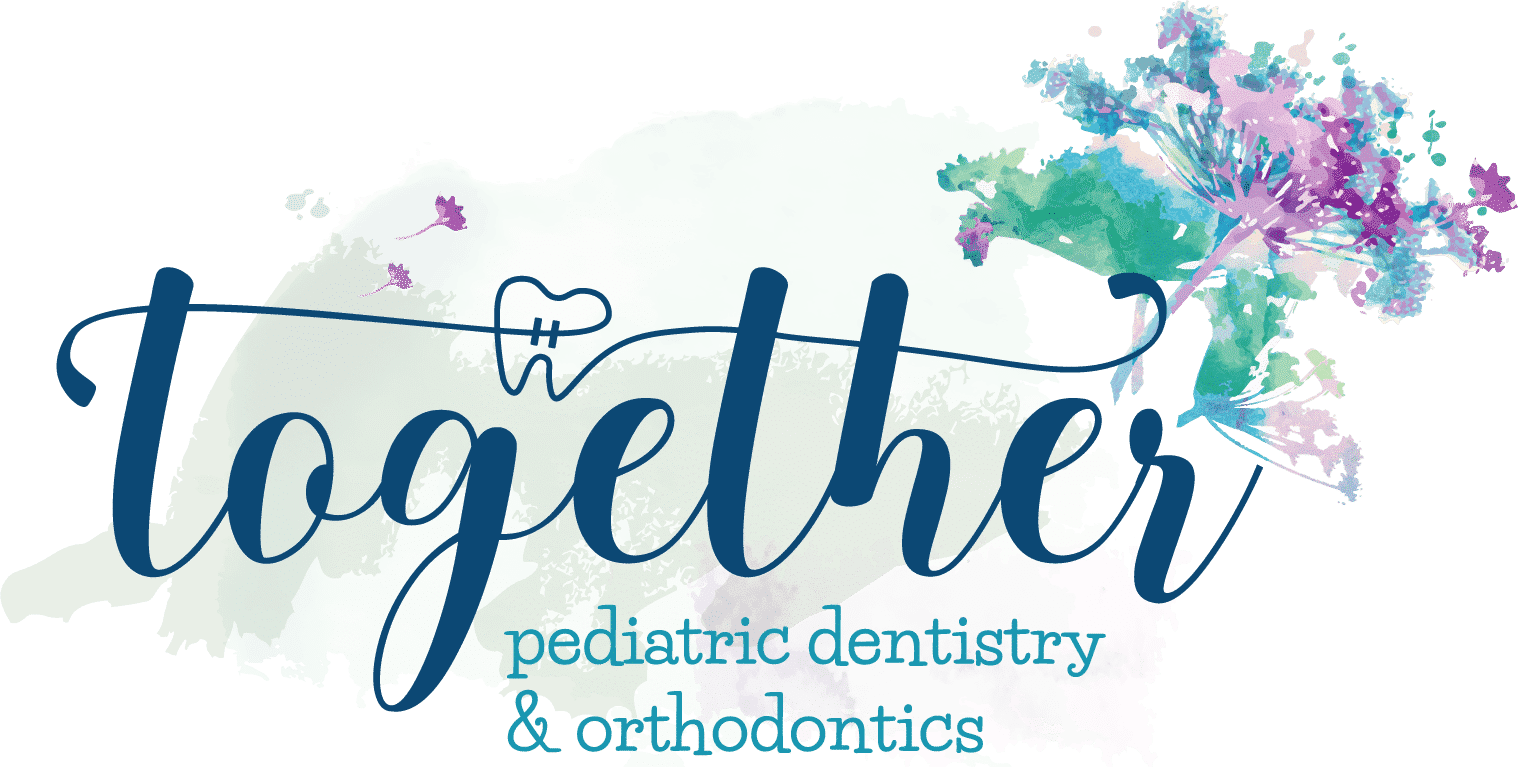Understanding Common Bite Problems
Most people don’t have a naturally perfect bite, and that’s completely normal. In fact, common bite problems, also known as malocclusion, can affect anyone at any age. These orthodontic issues can impact how you chew, speak, maintain oral hygiene, and even how your smile looks.
Dr. Amin Neishaboory at Together Pediatric Dentistry & Orthodontics specializes in identifying and treating these bite problems early on, helping children and adolescents achieve healthy, confident smiles that last a lifetime.
Whether inherited or caused by habits like thumb sucking, injuries, or medical conditions, bite issues are best treated early to avoid complications down the road.
What Causes a Bad Bite?
Malocclusion can result from a variety of factors, including:
Genetics or family history
Thumb or finger sucking
Prolonged pacifier use
Early or late loss of baby teeth
Poor oral hygiene or dental disease
Trauma to the jaw or face
Certain birth defects or medical conditions
Early detection allows for timely orthodontic treatment that can improve both the function and appearance of your child’s smile.
Below are some of the most frequently seen bite problems in children and adolescents.
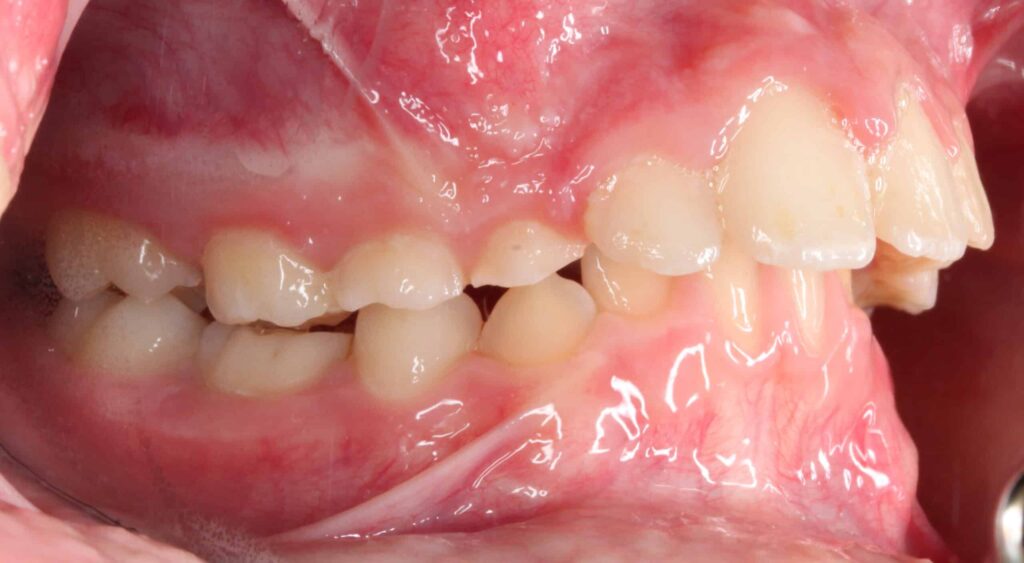
Upper Front Teeth Protrusion
When the upper front teeth extend too far forward, or the lower teeth sit too far back, it can affect both function and appearance. This condition may increase the risk of trauma to the front teeth and can lead to jaw discomfort or speech issues. It often requires orthodontic treatment to align the bite and improve facial balance.
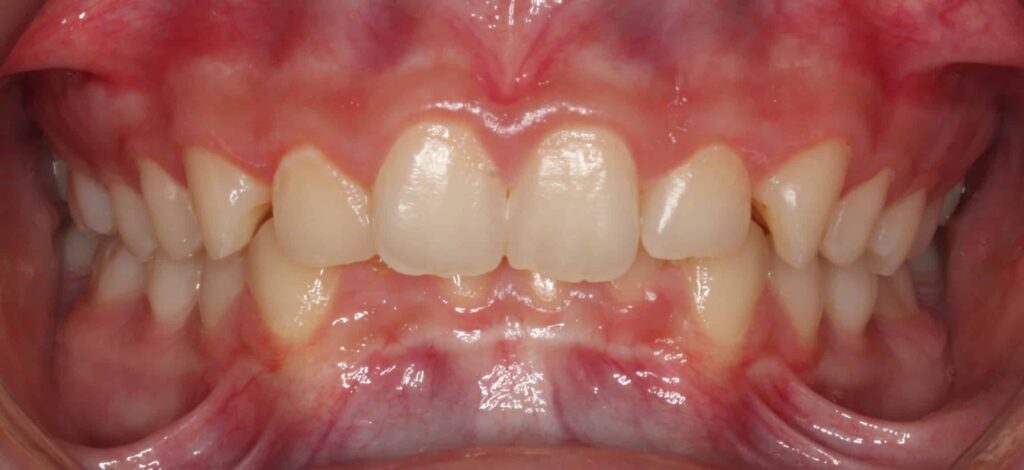
Overbite
An overbite occurs when the upper front teeth significantly overlap the lower front teeth. In severe cases, the lower teeth may bite into the roof of the mouth, causing discomfort and damage to soft tissues. Overbites can contribute to jaw pain and uneven wear on the teeth if left untreated.
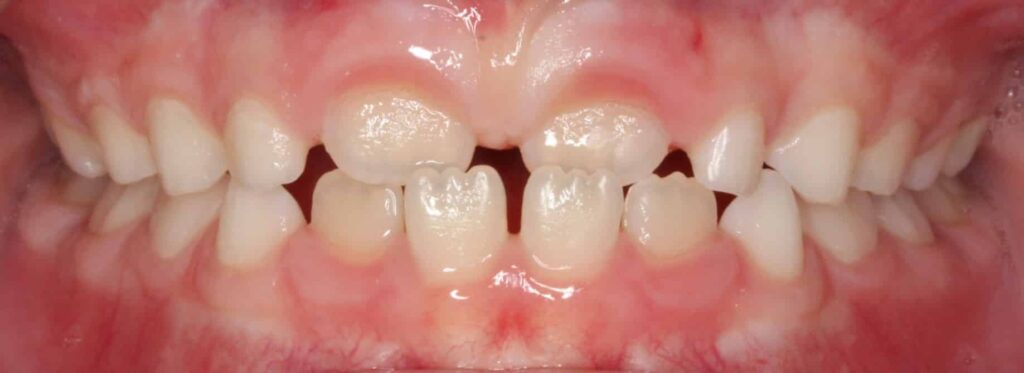
Crossbite
A crossbite happens when the upper teeth sit inside the lower teeth. This misalignment can result in uneven tooth wear, jaw strain, and asymmetrical jaw growth if not corrected early. Crossbites can also lead to facial imbalances and difficulty chewing over time.
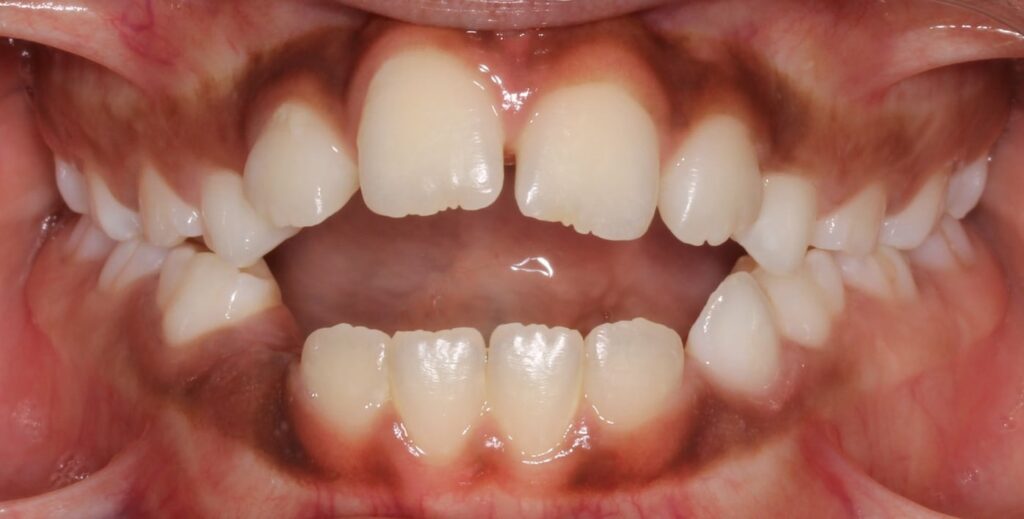
Open Bite
With an open bite, the upper and lower front teeth do not touch when the mouth is closed. This can interfere with proper chewing and often leads to habits such as tongue thrusting or difficulty with speech sounds. Open bites may also cause long-term challenges with oral function and appearance.
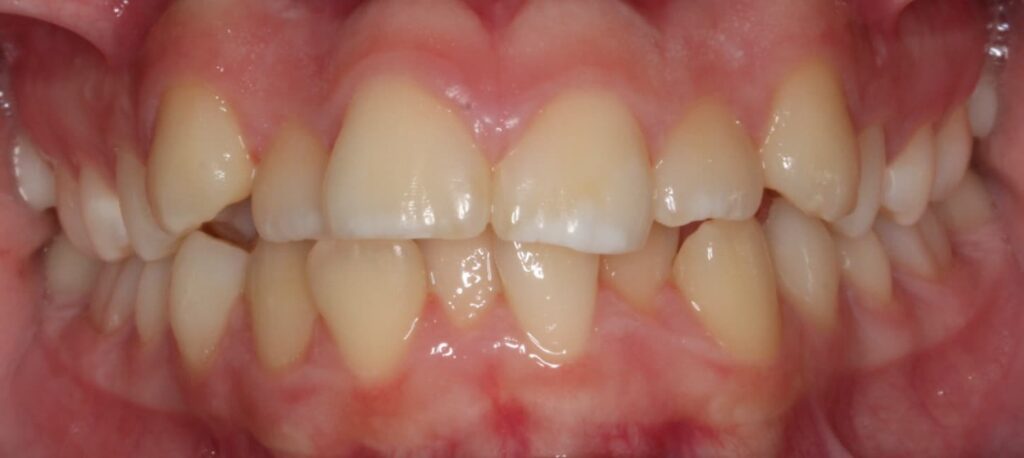
Crowding
Crowding is when there isn’t enough space in the jaw for all the teeth to erupt properly. This can lead to overlapping teeth, increased plaque buildup, and difficulty cleaning between teeth. Addressing crowding early helps prevent decay and supports proper dental alignment.
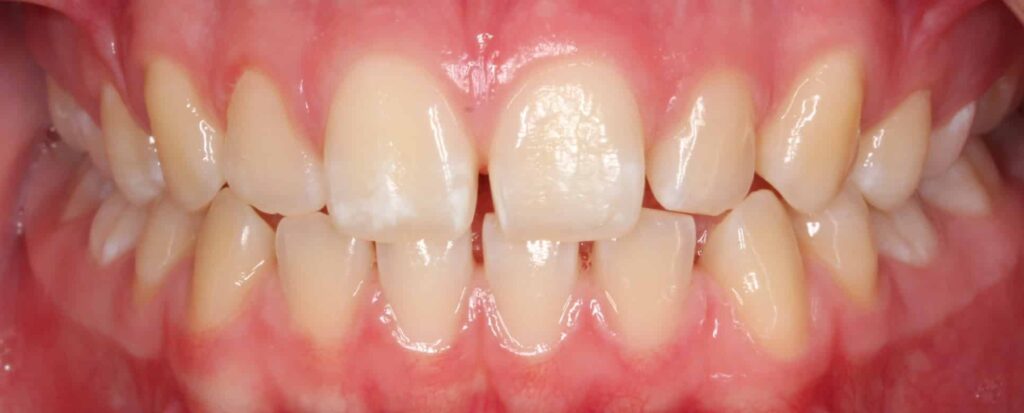
Spacing
Spacing issues can arise due to missing teeth or naturally small teeth. While sometimes only cosmetic, large gaps between teeth can affect alignment and jaw development over time. Orthodontic treatment can close these gaps and improve both function and appearance.
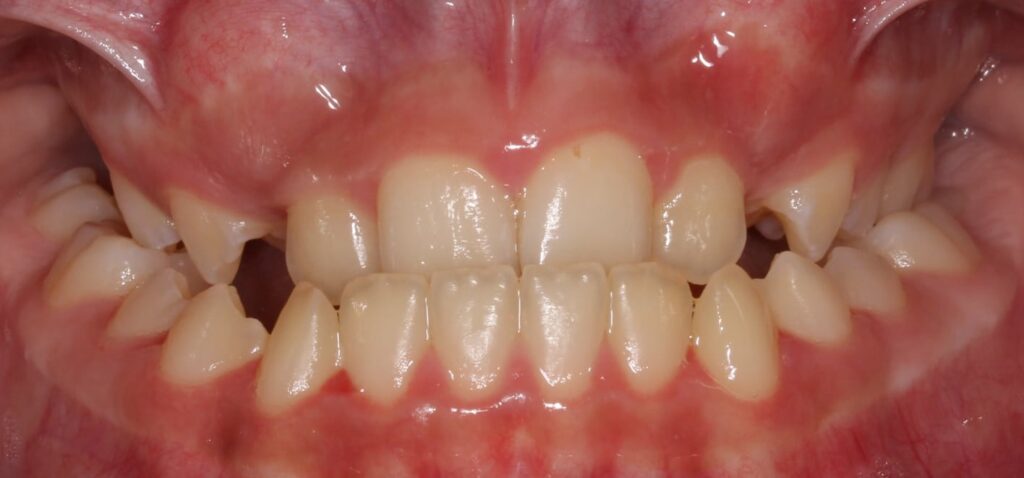
Underbite
In an underbite, the lower jaw protrudes beyond the upper jaw, causing the lower front teeth to sit in front of the upper front teeth. This condition can affect chewing, speech, and jaw function. Untreated underbites may also contribute to TMJ problems and facial asymmetry.
